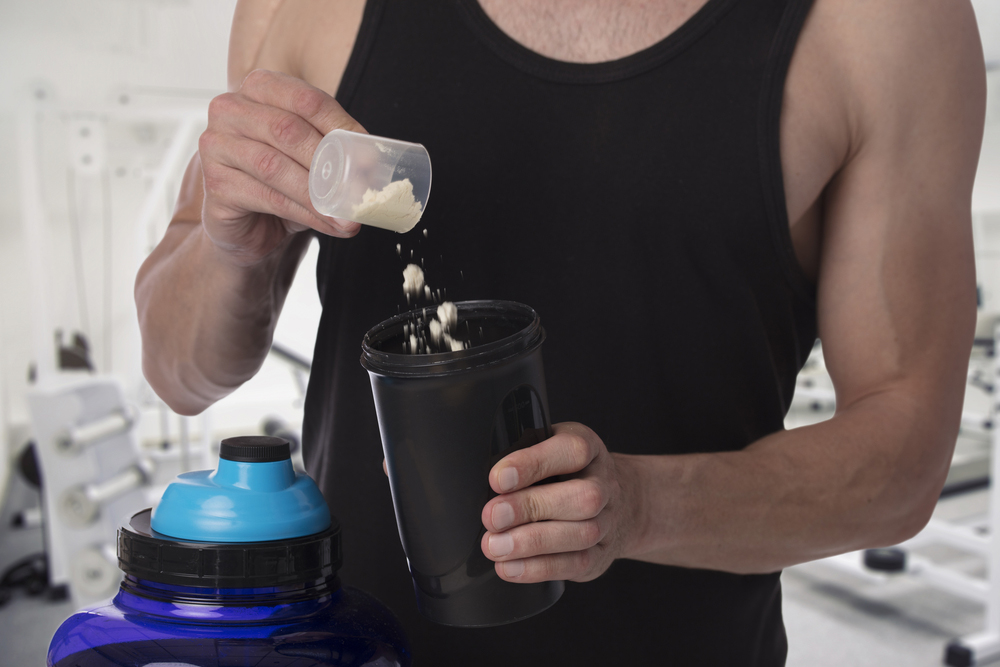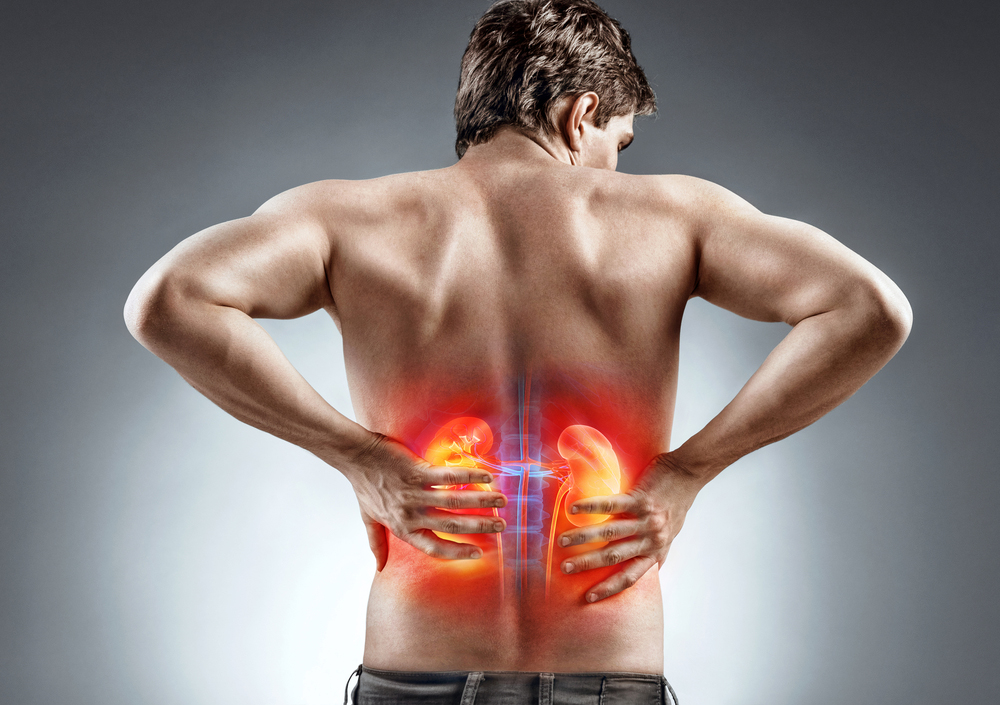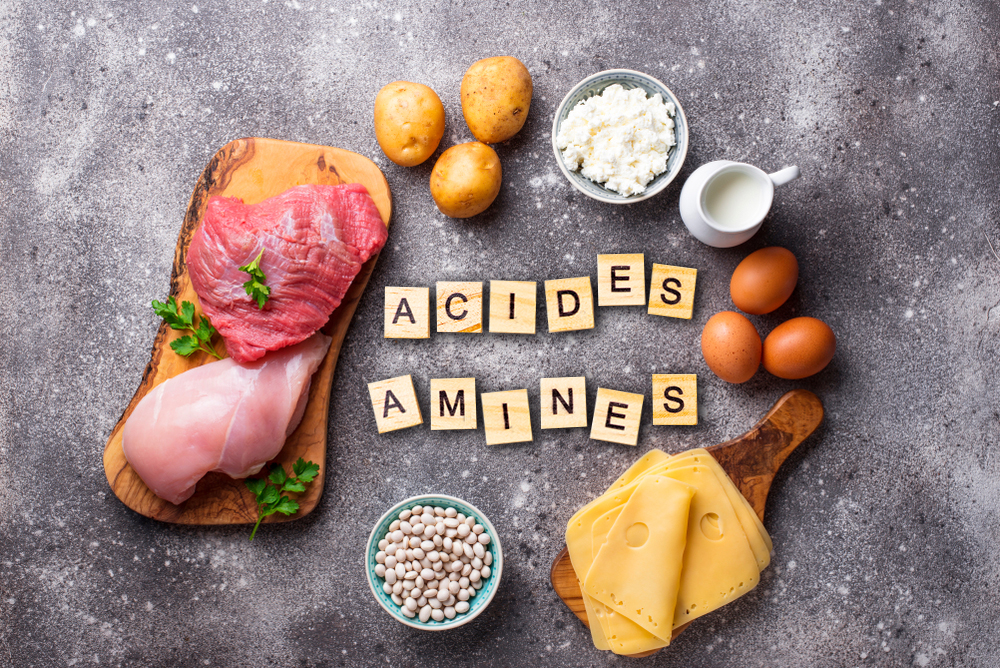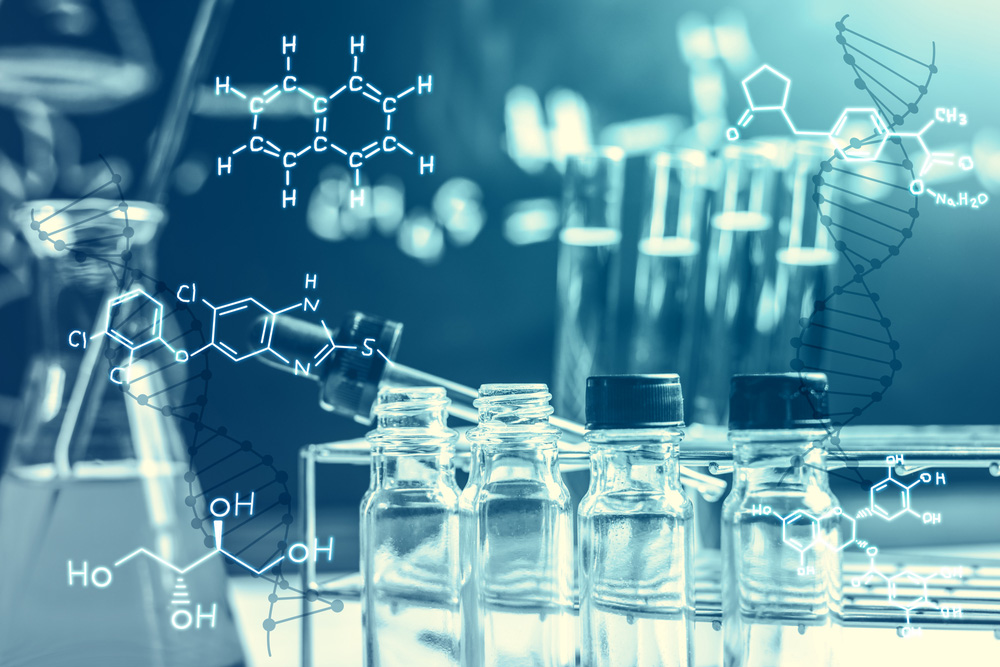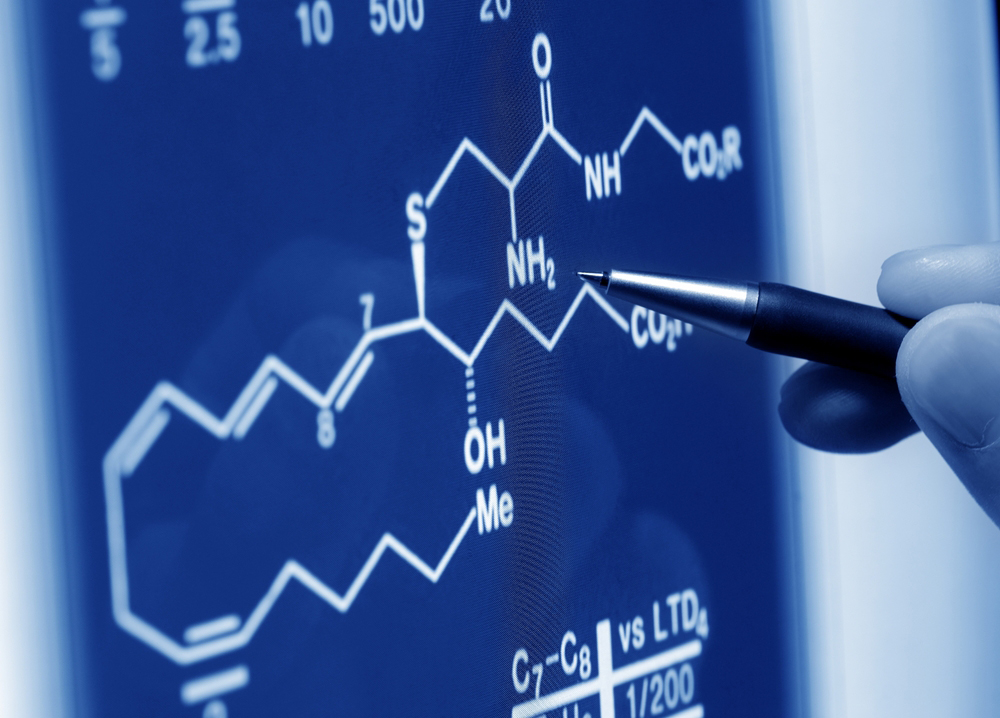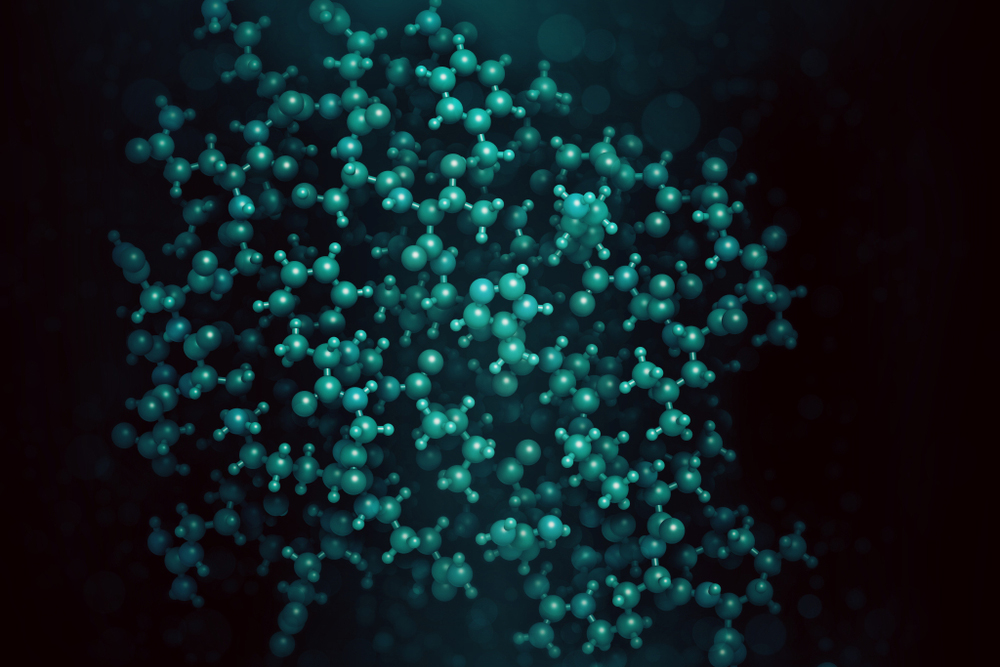Protein is a macro-nutrient that has a fundamental role in muscle growth. A daily protein intake promotes muscle growth.
To find out more, discover in this article the need to take protein on a daily basis and its impact on the human body.
Why do muscles need protein?
Proteins are a set of amino acids that are involved in the formation of
muscles, skin, nails, hair, and blood. They are also the basis of
several hormones, enzymes and antibodies.
The human body needs to consume foods rich in protein, as it provides energy (1 gram of protein contains 4 calories). Like fats and carbohydrates, proteins are essential macronutrients for the body.
The muscle is a kind of protein reserve, since proteins cannot be stored in any other organ.
There are more than 20 natural amino acids in dietary proteins. Among them, several are essential amino acids that the body cannot create and which are obtained through the diet, namely: leucine, lysine, isoleucine, methionine, phenylalanine, threonine, tryptophan and valine.
They can be obtained from the diet. In addition, it is crucial to note that protein helps maintain mass and repair muscle fibres, which is why muscles need protein.
What is the role of protein in muscle gain?
Many people call proteins "body bricks", but this is an incomplete name because their function does not stop at forming the tissues of the human body. They are molecules that are necessary for the proper functioning of the organism as a whole (cell construction, muscles, immune defences, etc. )
They represent the building and repair molecules of the human body tissues. This role contributes to muscle building and the growth of all other organs. Thus, muscles are made by amino acids from dietary proteins.
However, if one of the essential amino acids were to be missing, the synthesis in the cells would no longer function. In fact, it is necessary to consume proteins rich in amino acids if we want to promote muscle gain as much as possible.
Thanks to this structural role of protein, muscle mass gain is guaranteed. Muscle fibres are made up of proteins and lie on top of each other during contraction.
These contractions will destroy the muscles, hence the need for reconstruction. This is why the muscle needs as much protein as possible to recover from the efforts made, to have more energy for future efforts.
Therefore, after a bodybuilding workout, it is necessary to eat protein-rich foods. In order to get rid of the fat and calories taken during the mass gain, it is for example interesting to take Whey protein.
The different sources of protein
People often think that protein is only found in meat or in protein powder. However, there are many protein-rich foods, both plant and animal.
For animal proteins, it is advisable to eat fish regularly. Up to 30 grams of protein can be found in 100 grams of fish, which is also easy to cook and digest.
Eggs are also a good source of protein. Some eggs contain a significant amount of protein, up to 11 grams for the largest ones. Soy milk is also an interesting source of protein.
If you drink a large cup, you will have 8 grams of soya protein. You can put it in your morning cereal or in your tea.
Tofu is also enriched with soya protein and B vitamins. Finally, pea protein is one of the best sources of protein, is rich in branched-chain amino acids and is the most hypoallergenic of all.
How much protein should you eat?
Many scientific studies have been carried out in order to determine the protein intake required by humans.
For its part, the ANSES (National Agency for Food, Environmental and Occupational Health Safety) indicates in its report* that the total daily caloric requirement for an adult is 0. 83 grams of protein per kilo of body weight.
However, this report should not be taken literally, and is not intended for people who are weight training and want to build muscle mass. According to the International Society of Sports Nutrition**, an athlete needs 1. 4 to 2 grams of protein per kilogram.
According to bodybuilders, and no study has been able to formally contradict this hypothesis, the ideal daily caloric total for a person wishing to gain muscle mass would be between 1. 8 and 2. 5 grams per kilo of body weight.
What about protein powder?
Protein powder can be an interesting way of achieving the necessary protein intake. All existing proteins can be found in powder form:
- Whey protein: This is the most common protein, derived from cow's milk. Depending on the extraction techniques used, a more or less pure powder is obtained.
- Animal proteins: Beef protein contains all the essential amino acids found in red meat.
- Egg Protein: Perfect for those with allergies to soy or dairy products.
- Pea Protein and Soy Protein: Ideal for vegan diets, it is known to be very easy for the body to digest and very quick to assimilate by muscle tissue.
There are many varieties of protein powders, however they are not compulsory, the important thing is to have a daily protein consumption sufficient to allow the muscles to develop.

